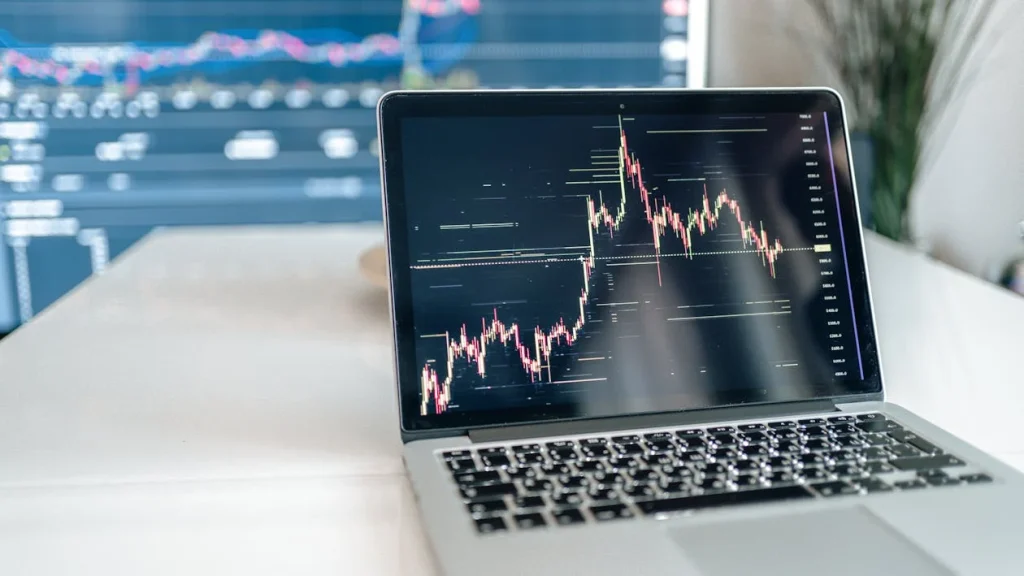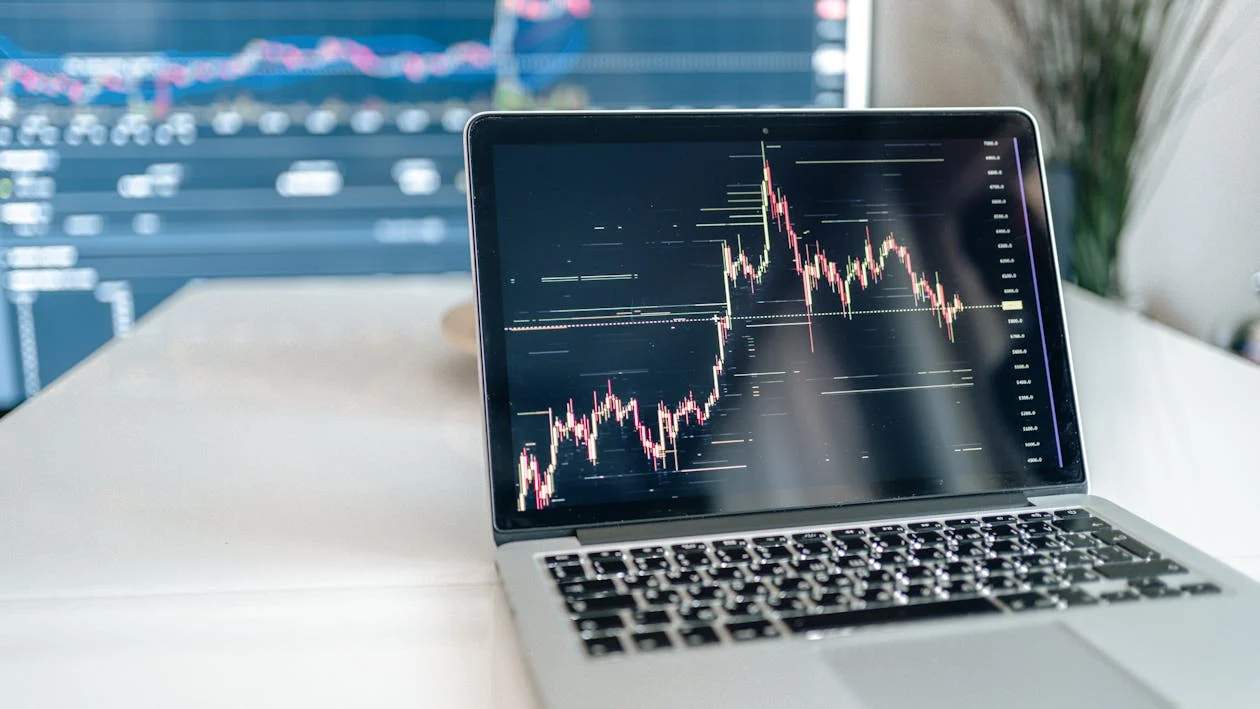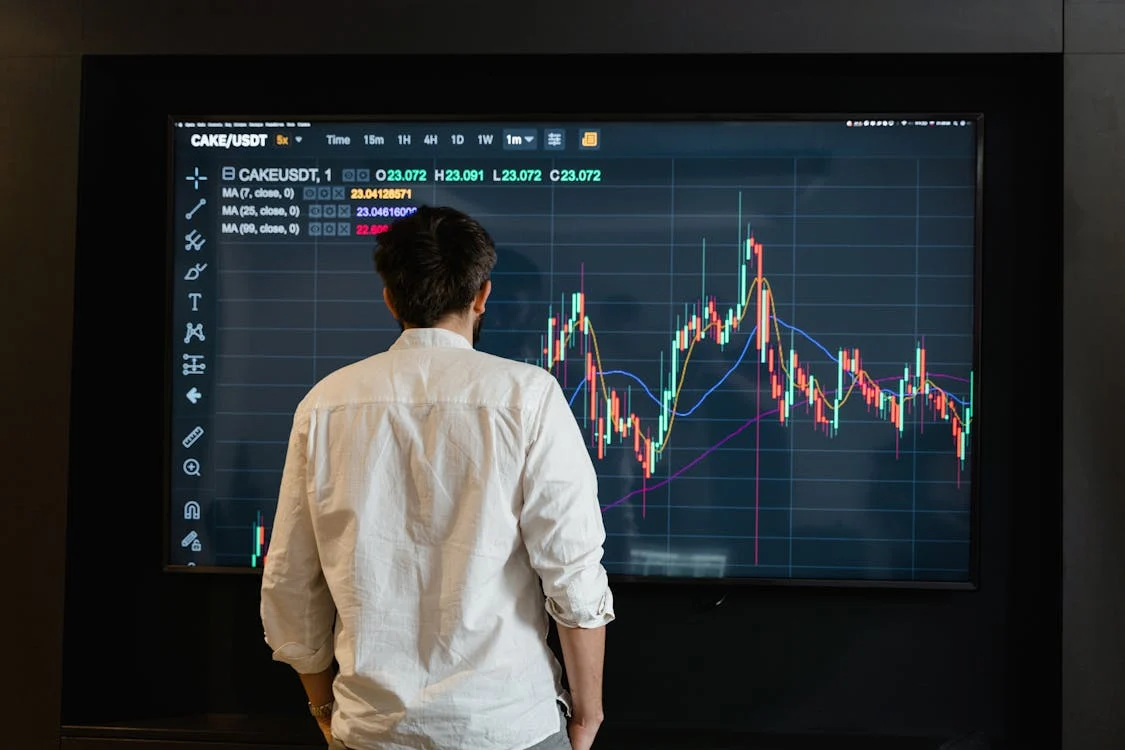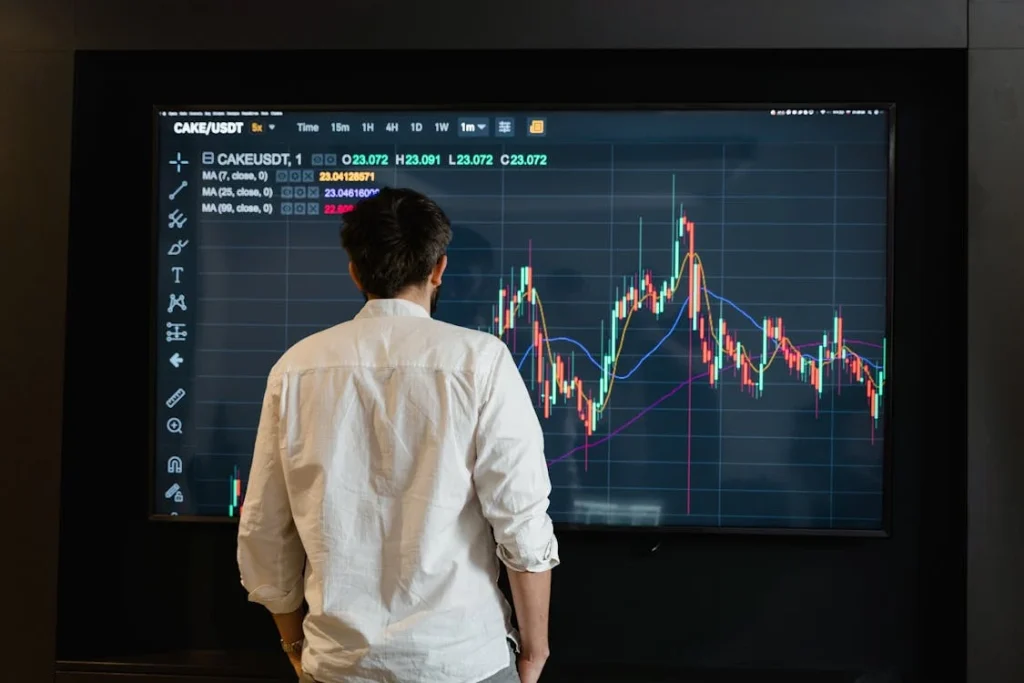Why Emerging Markets Are Becoming Forex Hotspots
In recent years, emerging markets have risen as dynamic forces in the global Forex landscape. With rapid economic growth, technological adoption, and increasing financial inclusion, countries in Africa, Southeast Asia, and Latin America are attracting the attention of Forex traders and brokers alike.

1. What Are Emerging Markets?
Emerging markets are economies transitioning from low-income to middle-income status, experiencing industrialization, urbanization, and expanding financial sectors. Countries such as Nigeria, Vietnam, Brazil, and the Philippines are prime examples, each with its unique trading environment.
2. Opportunities for Forex Traders
- High Volatility: Local currencies in these regions tend to be more volatile, offering potential for greater profit margins.
- Underserved Markets: Limited competition creates space for brokers and fintechs to expand.
- Youthful Populations: A tech-savvy, younger generation is eager to explore digital finance, including Forex trading.
- Government Reforms: Many governments are liberalizing their financial markets to attract foreign investment.
3. Key Regions to Watch
Here are some emerging Forex markets drawing global interest:
- Nigeria: One of Africa’s largest economies with growing interest in online trading and crypto.
- Vietnam: Fast-growing GDP, increasing internet penetration, and rising Forex education levels.
- Colombia: Latin America’s rising star in retail Forex adoption.
- Indonesia: A large population and progressive regulatory changes make it a Forex frontier.
4. Challenges in Emerging Forex Markets
- Regulatory Uncertainty: Not all emerging markets have clear or supportive Forex regulations.
- Infrastructure Gaps: Internet reliability, mobile access, and banking systems may lag.
- Currency Instability: High inflation or political risk can lead to extreme currency fluctuations.
- Limited Financial Education: New traders may lack understanding of the risks involved.
5. Tips for Trading in Emerging Markets
- Do Local Research: Understand the country’s economic indicators, news cycles, and market habits.
- Use Volatility Controls: Apply risk management tools like stop-loss orders to minimize losses.
- Monitor Political Developments: Politics often play a major role in currency movements in these markets.
- Choose Trusted Brokers: Ensure your broker is reputable and supports local payment systems and currencies.
6. The Future of Forex in Emerging Markets
As mobile technology and digital literacy grow, so does access to Forex trading. Fintech startups are bridging the gap between traditional finance and modern trading tools, offering apps, educational platforms, and local-language support. These developments point to a bright future for Forex in these fast-growing regions.






